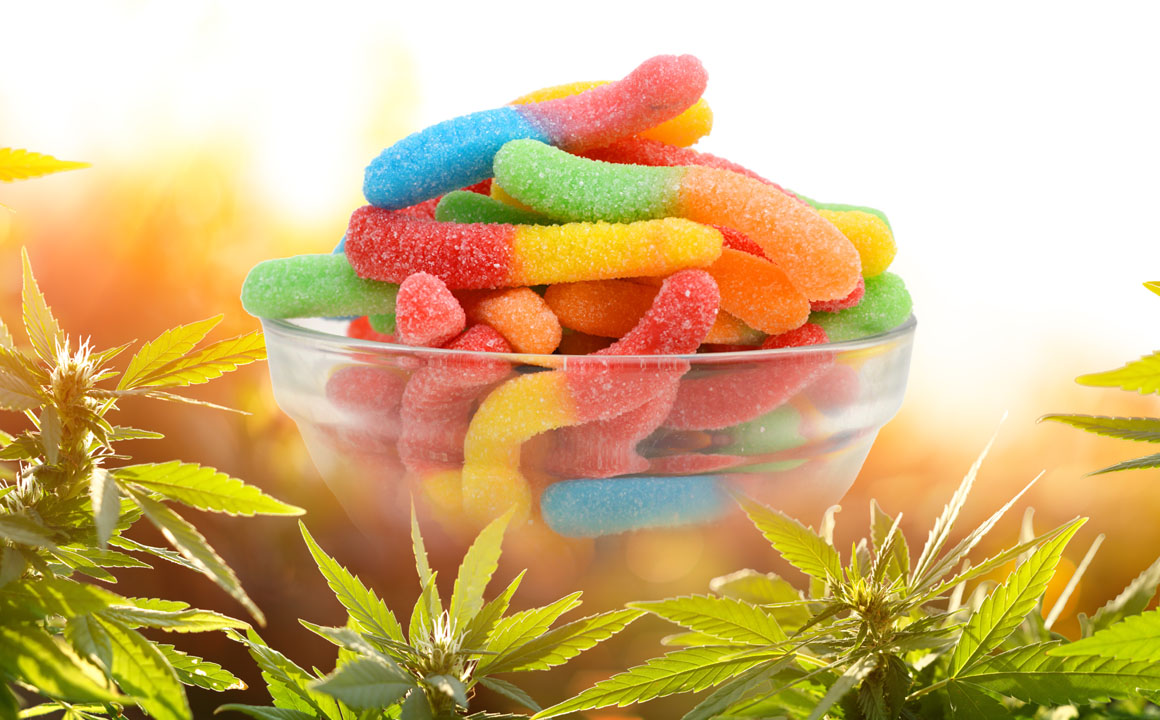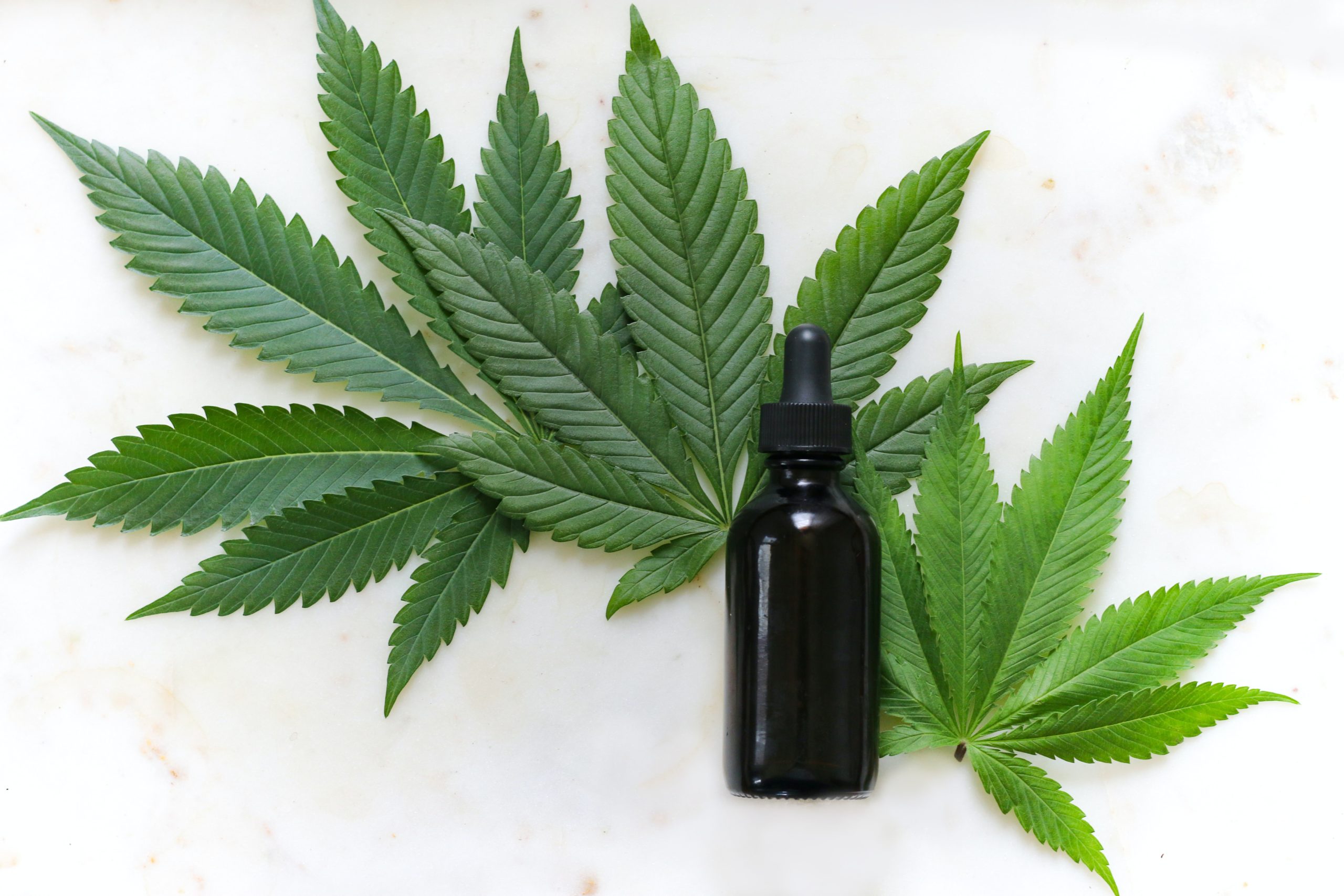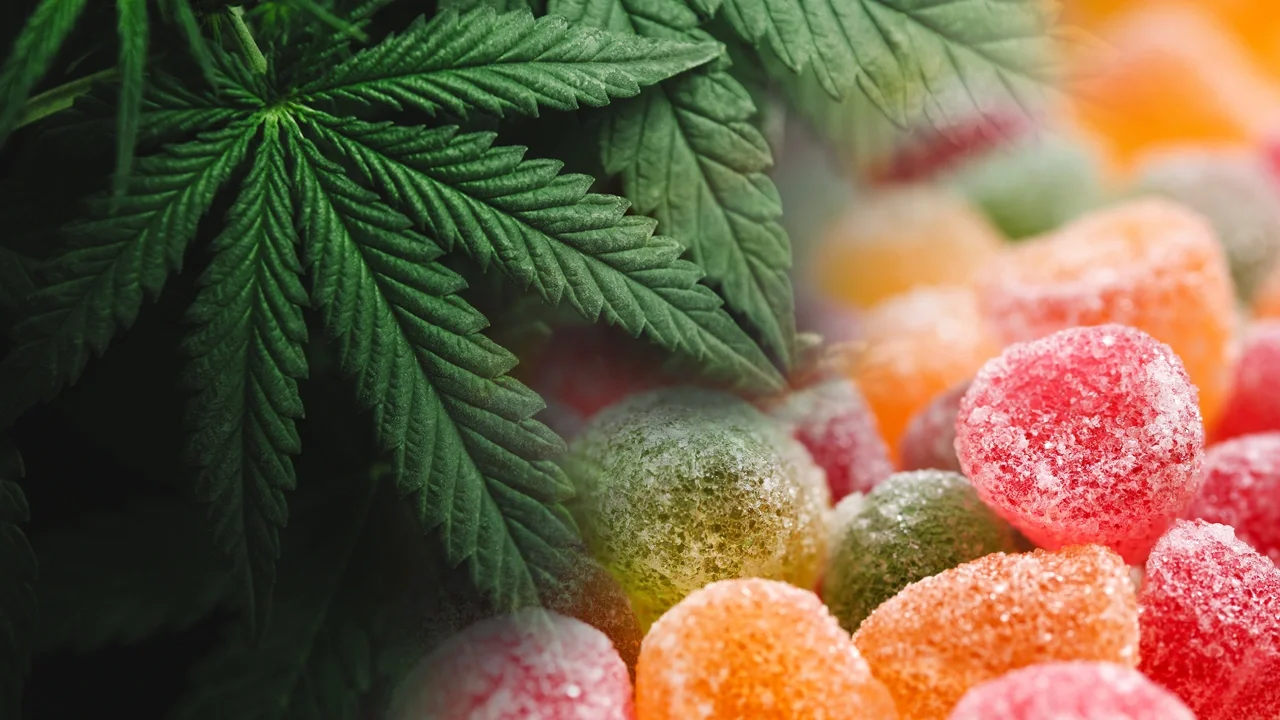1. Prevents lung irritation
Taking CBD edibles lowers the risk of lung irritation. Most people prefer using vapor pens to get CBD benefits quicker. Although this helps one get the CBD effects quicker, it has some long-term implications.
Most vapor pens have added thinning agents such as polyethylene glycol (PEG) and propylene glycol (PG). Studies show that these agents generate toxic carcinogens that cause lung irritation when heated. Therefore, taking edibles containing CBD will potentially help you lower the risk of inhaling these toxic thinning compounds.
2. Long-lasting relief
If you don’t want to inhale CBD vapor pens or smoke cannabis, you can consider taking CBD edibles. These edibles take a while before you can feel the CBD effect, typically half an hour to two hours. However, their effects last longer. There are many foodstuffs that contain the active compound. The CBD effect will be released slowly as digestion continues, resulting in a long-lasting relief experience if you take these foods.

3. Easy to make
Making these edibles isn’t difficult at all. Some people prefer making their own edibles containing CBD at home to save on the general costs. They cook or bake their foods or make beverages of their choice and later add CBD extracts. Nowadays, people can purchase CBD crystals online or at various local cannabis stores. The best part about making your own cannabis-infused edibles is that you can easily control the CBD amount you use.
4. They’re non-psychotropic
Although these edibles contain a certain level of cannabis compound, they don’t have any psychotropic effect. i.e. ‘feeling high’. The edibles provide a mood uplift to the user and improve positive and alert energy. Since the edibles have long-lasting nature, they also give prolonged relief to those dealing with daily stresses and mild pains. Generally, if you want to take advantage of this cannabis without getting any psychoactive experience, you should consider taking these edibles.
5. Makes you feel good
Edibles containing cannabis have a compound called THC that’s well known for its calming and relaxation effects. THC works on the brain’s neurotransmitters by producing flight responses to counter high stress or anxiety levels by lowering autonomic arousal and heart rate.
Do CBD Edibles Negative Have Side Effects?
The world health organization (WHO) has categorized CBD as a safe compound for everyone regardless of their age. However, there have been some reports of some mild side effects associated with these edibles, such as diarrhea, appetite changes, dizziness, fatigue, and dry mouth. These side effects are primarily associated with taking too much CBD.
How to Choose the Right Edibles for You
Due to the numerous choices of edibles today, it’s a bit challenging to choose the best ones. However, you should consider looking at the following before you purchase:
- Hemp source – choose edibles made from organic hemp.
- Select CO2-extracted CBD
- Only Purchase laboratory tested CBD edibles
In Conclusion
CBD edibles are a great way to enjoy the benefits of cannabidiol without having to smoke or vape. If you’re looking for an easy, convenient, and tasty way to consume CBD, then look no further than CBD edibles.
CBD neuroprotective properties: concentration and memory
CBD – cannabidiol, a bioactive part of the Cannabis plant is becoming popular due to its potential benefits for the mind and body.
It would seem that CBD is useful for concentration and memory due to its neuroprotective properties. Some studies confirm a very interesting fact, that CBD plays an important role in mitigating the memory impairment induced by THC.
Implicitly, then, it is suggested that cannabidiol may have concrete properties to support the ability to retain memories.Concentration and Memory Lack of concentration can have troublesome impacts on humans, including loss of time and poor execution of one’s work.
Individuals affected by this condition, may run into endless fatigue that can only exacerbate the situation. As well as concentration, memory plays a vital role in everyday life. Whether in the work field or not, it represents an advantage that can come in handy in times of need.
It usually lasts about 60 seconds. Long-term memory is the ability to store and remember information for longer periods of time, indefinitely. Long-term memory can be further broken down into different categories, including explicit memory, implicit memory, and autobiographical memory.
Unfortunately, there are several diseases that take over this capacity. Preventing us from being able to relive our fondest memories, or even worse not being able to be autonomous. There is a small but growing amount of scientific evidence showing that CBD can help the brain and improve memory.
CBD has been found to promote neurogenesis and as a result reduce damage to cognitive function caused by age, disease, and trauma.

How does CBD work?
CBD interacts directly with dopamine in the brain, which is a chemical neurotransmitter responsible for memory, concentration and mental awareness. At the point when an individual possesses lower attention and concentration, this implies that dopamine levels are low.
Ingesting CBD does not allow for an irregular increase in dopamine levels in the brain. Instead, the correct composition of CBD oil from the right variety will help improve concentration and overall performance at school and at work.
Keeping the brain healthy as we age is crucial. In an aging brain, age-related cognitive decline is due to many factors ranging from genetics to lifestyle habits, it is also partly due to a decrease in neuroplasticity and neurogenesis.
Neuroplasticity is the brain’s ability to change and reorganize and is the process through which the processes of all memory and learning occur.
CBD also acts on trauma, i.e. unpleasant memories. Clinical studies carried out on people who have suffered post-traumatic stress, show how important is the mitigating and relaxing action of CBD in the removal of unpleasant memories.
Neurogenesis is the birth of new brain cells. Cbd with its neuroprotective properties assists the natural aging process, minimizing damage.
The first effects are stress reduction and a lowering of anxiety and fear.

Neuroprotective properties
There is a study, published in 2010 in The British Journal of Psychiatry, in which the effects of CBD and THC on acute memory were compared.
This study revealed that THC (tetrahydrocannabinol) and CBD (cannabidiol), have different effects on a person’s brain.
In the brain, THC and CBD act on some of the same receptors – CB1 and CB2 – these receptors affect appetite, pain, memory, and mood.
Scientists believe that CBD’s neuroprotective effect is due to its action on CB2 receptors. It acts on this particular receptor to generate anti-inflammatory responses in brain cells, therefore, minimizing the damage that could be caused by inflammation.
A study published in Frontiers in Pharmacology, for example, shows how CBD promotes neurogenesis (neuronal growth and regrowth): basically it reduces and prevents the deterioration of cognitive function.
The analysis deals with the properties and possible developments of CBD as a neuroprotector in relation to brain damage.
We can state that CBD, often demonized because it is associated with cannabis, should not be seen as a drug that impairs memory.
On the contrary, being composed of many active ingredients and cannabinoids, it turns out to be a carrier of favorable effects on our body.
The analysis deals with the properties and possible developments of CBD as a neuroprotector in relation to brain damage.
They will also be able to assist in the reduction over time, of cognitive disorders related to some neurodegenerative diseases.




